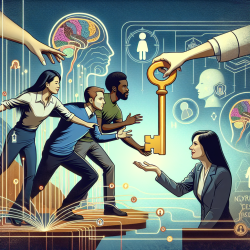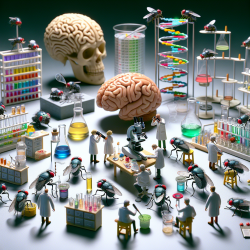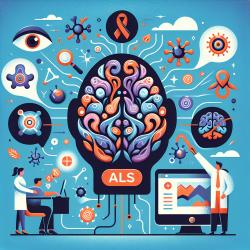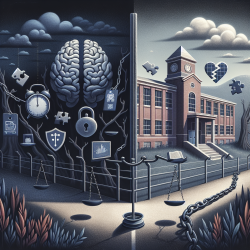The world of work is rapidly changing due to technological advancements and globalization. This shift necessitates a new approach in career counseling to help individuals navigate these transitions effectively. The research article "Innovating Counseling for Self- and Career Construction: Theoretical Premises, Antecedents, and Associations" by Jacobus Gideon Maree provides valuable insights into innovative strategies that practitioners can adopt to enhance their counseling practices.
The Need for Innovation in Career Counseling
The Fourth Industrial Revolution has redefined work contexts through information and communication technology (ICT) innovations. Many workers feel alienated and insecure as jobs evolve or disappear, often replaced by automation. As a result, career counselors must adapt their methods to address these changes and support clients through repeated work-related transitions.
Key Insights from the Research
- Personality Theories: Understanding how personality influences career choices is crucial. The research emphasizes integrating psychodynamic and humanistic perspectives to help clients construct meaningful careers.
- Narrative Counseling: This approach highlights the power of storytelling in constructing career paths. By helping clients articulate their life stories, counselors can facilitate meaning-making and inspire hope.
- Humanistic Perspectives: Emphasizing self-authorship and agency allows clients to take control of their career narratives, transforming challenges into opportunities for growth.
Implementing Innovative Approaches
Counselors can improve their skills by incorporating these insights into their practice:
- Embrace Narrative Techniques: Encourage clients to share their life stories and identify central themes that influence their career decisions. This process helps them understand past experiences and envision future possibilities.
- Focus on Self-Construction: Guide clients in developing a strong sense of self-concept that aligns with their career goals. This involves exploring identity formation as a continuous process throughout life stages.
- Cultivate Safe Spaces: Create environments where clients feel comfortable sharing personal experiences without judgment. This fosters trust and openness, essential for effective counseling.
The Role of Continuous Learning
The research underscores the importance of ongoing education for practitioners. Engaging with new theories and methodologies through conferences, webinars, and publications ensures that counselors remain equipped to meet the evolving needs of their clients.
Counselors are encouraged to explore further research on how occupational changes impact workers and develop innovative interventions that remain relevant in the face of technological advancements like Work 4.0 and Work 5.0.










